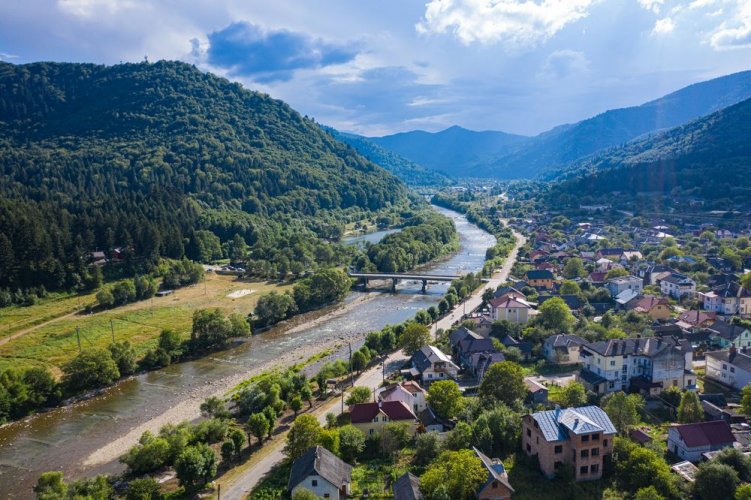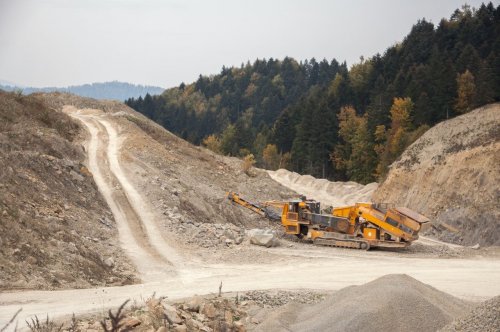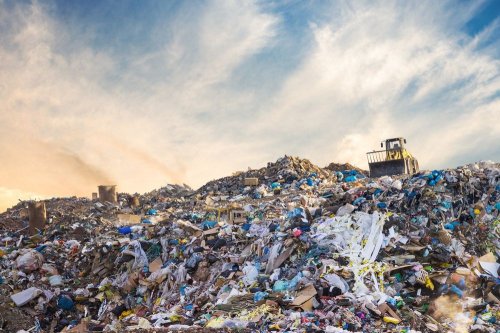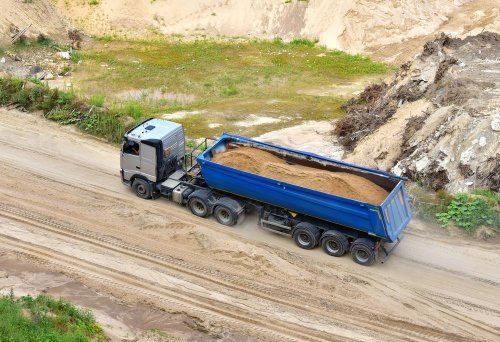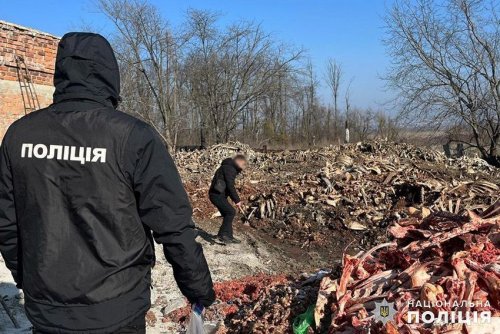In Ukraine, environmentalists criticized the initiative of the Ministry of Statistics to draft of Cabinet resolution on closing access to environmental information during martial law.
The proposed changes go beyond the protection of strategically important information, limiting the rights of citizens to access eco-information, the secrecy of which is prohibited, reports the Ukrainian Nature Conservation Group – UNCG on Facebook.
It was noted that during the war, nature protection organizations continue to perform their work, in particular, they write scientific justifications for the creation of objects of the nature reserve fund, send proposals and comments to notifications/reports of EIA, look for illegal plowing and felling.
"In our activity, data sets that want to be closed are absolutely necessary," said environmentalists.
What they plan to close:
- Data of the State Geocadastre (public cadastral map of Ukraine; information of the State Land Cadastre).
Currently, there are dozens of cases of allocation of shares for illegal plowing, the owners of which took advantage of martial law, and plots for development within the forest fund. Therefore, it is advisable to remove only information about land plots of defense lands, which can be done in a few clicks.
- Data of local self-government bodies (territory planning schemes of regions, districts, general plans of settlements, zoning plans, etc.; register of urban planning conditions and restrictions).
This will actually allow developers to further destroy green areas without control for the construction of residential complexes and shopping malls.
- Data of the State Geodesy (interactive map of subsoil areas for which special subsoil use permits have been granted; a list of special subsoil use permits (in particular, for the use of oil and gas-bearing subsoils).
The UNCG suggested separating the notion of oil and gas-bearing subsoil (permit disclosures of which can indeed be suspended during martial law) and data on peat extraction and quarrying permits that should be left in the public domain.
- Data of the state cadastre of deposits and occurrences of minerals and the balance of mineral reserves, data of the state cadastre and water cadastre of underground water deposits; information on the state of the mineral and raw material base of Ukraine; survey geological maps.
- Data of the State Inspectorate (annual plan for the implementation of state supervision measures; report on the implementation of the annual plan for the implementation of state supervision measures).
Such reports help to find out whether the State Inspectorate has carried out inspections after official appeals.
"Closing all these data from the point of view of the state's defense capability is very questionable. Because high-quality satellite images, OSM maps with the marking of the entire infrastructure and pirated copies of the state land cadastre are available in the public domain," the article emphasized.
Also, currently, the requirements of the resolution regarding the publication of even those data that the Ministry of Digital Affairs does not plan to close to public access are not being met. For example, the register of logging tickets and data on the grounds for sanitary felling.
After the approval of this ban, the work of many environmental organizations will become impossible and the green light will be given to unscrupulous business entities.
"This is contrary to the state's course of joining the EU and is nothing more than a way for certain business groups to solve their commercial issues under the guise of war," the UNCG noted.
As EcoPolitic reported before, Ukraine with certain restrictions resumed the work of the Register of EIA, which will allow businesses to continue the process and the public to participate in decision-making.

